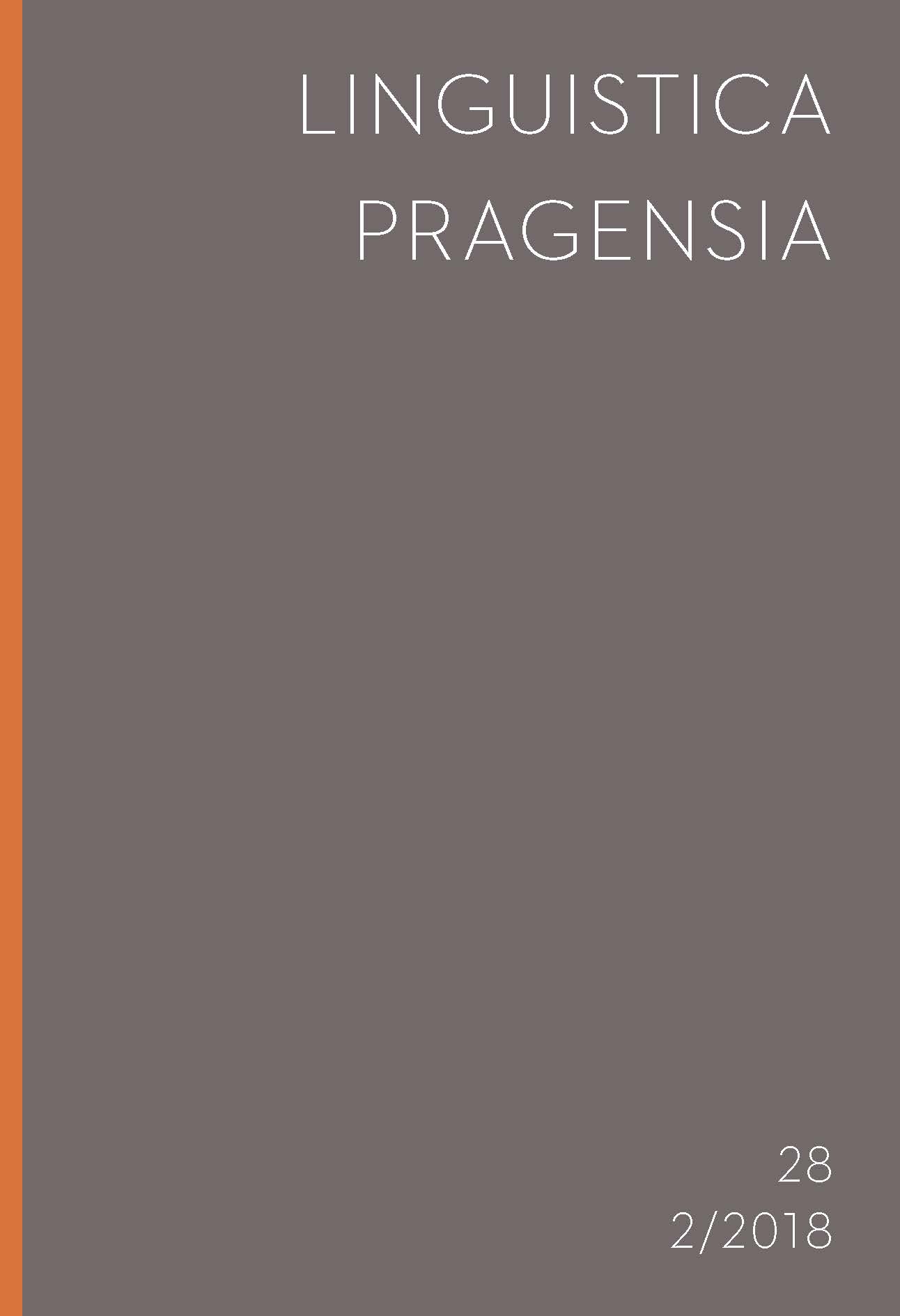Les composés relationnels français du type relations parents-enfants
Les composés relationnels français du type relations parents-enfants
Author(s): Jan RadimskýSubject(s): Theoretical Linguistics
Published by: Univerzita Karlova v Praze - Filozofická fakulta, Vydavatelství
Keywords: word formation; compounding; French; relational compound; coordinate compound; dvandva;
Summary/Abstract: This study aims to analyze a representative sample of French relational compounds such as “relations parents-enfants” (“parents-children relationship”) extracted from the FrWac corpus. Relational compounds have been defined as constructions made up of three nouns according to the structure N1 -N2a-N2b with, on the one hand, a subordinative relation between N1 and N2 and, on the other hand, an exocentric coordinative relation between N2a and N2b. The analysis of extensive data from the FrWac corpus made it possible to show that French relational compounds can be described according to the same parameters as Italian relational compounds, namely: (a) the polyvalence / monovalence of the head noun (N1 ); (b) the (non-)autonomy of the modifier N2a-N2b; (c) the type of the subordinate relationship between N1 and N2a-N2b; (d) the nature of the coordinative relationship between N2a and N2b; and (e) the fact whether the relationship between N2a and N2b is oriented or not. On a more general level, the framework of Construction morphology made it possible to identify in the data the following three principal sources which lie behind the creation of the relational compounds: (a) the polyvalent nature of the head noun; (b) the use of the iterative binary structure with a “dvandva” modifier; and (c) the fusion of two binominal subordinate compounds into a single relational compound. To the best of the author’s knowledge, the last type has not been mentioned in previous studies on the topic.
Journal: Linguistica Pragensia
- Issue Year: 28/2018
- Issue No: 2
- Page Range: 131-153
- Page Count: 23
- Language: French

